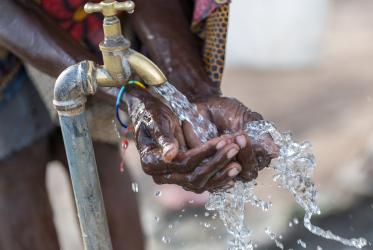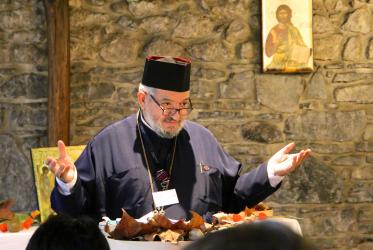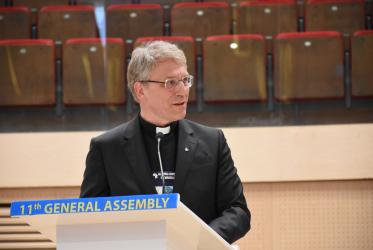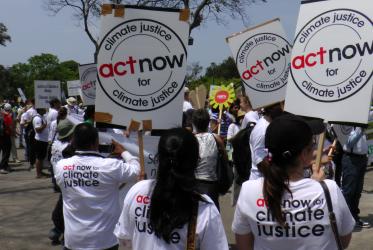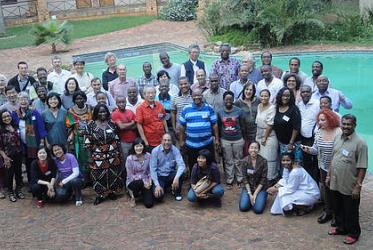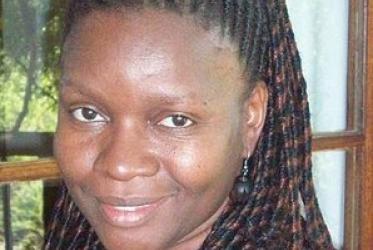Displaying 1 - 18 of 18
Pandemic and pedagogy: what are the valuable lessons?
21 December 2022
Churches' “prophetic voice” will be busy in 2015
18 June 2015
Pilgrimage of justice and peace gives vision for WCC programmes
22 November 2014
Churches engage in development dialogue on Africa
06 March 2013
Living with God in the context of HIV and AIDS
27 February 2013

